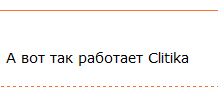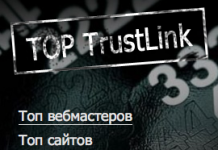President Trump’s recent defense of Saudi Crown Prince Mohammed bin Salman, following a direct question about Jamal Khashoggi’s murder, inadvertently exposed the prince’s likely guilt. Rather than deny the accusations, Trump chastised the reporter for even asking the question, telling her, “You don’t have to embarrass our guest by asking a question like that.”
This reaction is telling. As one psychiatrist observed, innocent individuals when wrongly accused typically respond with indignation and anger. The guilty, however, tend toward embarrassment or shame. Trump’s instinctive defense of the prince by attacking the reporter suggests the prince himself likely feels discomfort with the inquiry.
The core issue isn’t simply press freedom — it’s that Trump’s behavior implies he believes American journalists should defer to presidential authority rather than investigate it.
The president’s rebuke of the reporter, labeling her question as “insubordinate,” reinforces this point. Trump appears to view the media as an extension of his own control, not as a check on power. This aligns with his broader disdain for critical reporting, and his apparent desire for a press that behaves more like Saudi Arabia’s state-controlled media.
Some journalists propose a simple tactic: relentless repetition of uncomfortable questions until answered. This direct approach underscores the fundamental role of a free press in holding leaders accountable, even when those leaders prefer silence.
Ultimately, Trump’s slip of the tongue provides a revealing insight into the dynamics at play. The discomfort he displayed in protecting the prince suggests an awareness, perhaps subconscious, that the prince has something to hide.







































